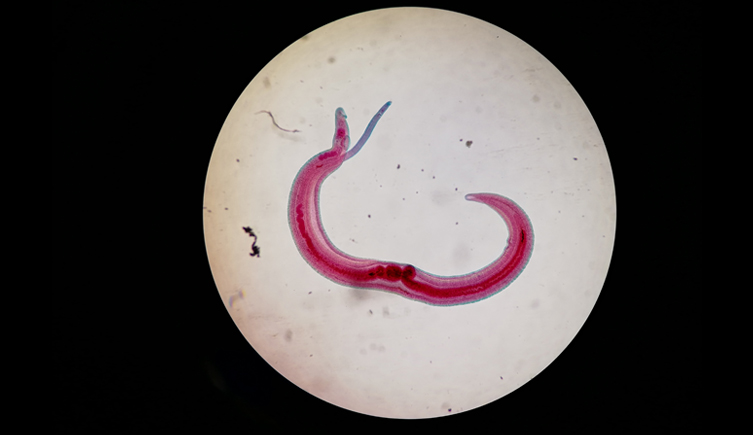Project overview
Circadian clocks are an essential feature of life that synchronise physiological and behavioural processes with daily environmental cycles.
Perturbation of an organism’s clock, or misalignment between the clock and environment, can exacerbate disease states and can be fatal. The relationships between parasites and their hosts raises questions about the clock-driven biology of each; only now are chronobiologists and parasitologists recognising this.
While a recent study demonstrated that canonical clock genes (i.e. genes that regulate circadian clocks) were absent from Schistosoma mansoni, no similar study has yet to ask whether they are present in the genomes of sister schistosome species (e.g. S. rodhaini) or intermediate hosts (e.g. Biomphalaria glabrata).
Taken together, the study of schistosome/host chronobiology requires further investigations as insights into this area could reveal new aspects of schistosome evolution, epidemiology, zoonoses and transmission in a One Health context.
Our student and supervisory team will co-create a research programme focused on studies of behaviours impacted by biotic (clock genes) and abiotic (light/dark) factors. Our student will also gain at least six months experience working within the Schistosome Snail Repository team across LSHTM and NHM sites.
The application process
There will be two parts to the application process. This application (Part 1) is for the studentship as part of the OneZoo CDT. If you are chosen for a project, you will then also need to apply for admission (Part 2) to the respective Institution by completing their institutional application process. Details for how to do this will be communicated to successful applicants.
After the application closing date, a panel will shortlist candidates on the basis of this application form against the following criteria:
- Proven Academic Quality: normally evidenced by an excellent performance at first degree and/or Master’s level, but may also be demonstrated by a record of relevant professional practice;
- Research Potential: evidenced through application responses and supported by performance in research projects at first degree and/or Master’s level, or another form of dedicated preparation for research;
- Personal Motivation and Commitment: evidenced through application responses, by enthusiasm for the subject area, and in relation to career goals.
All applicants will be informed of the shortlisting outcome by no later than mid-March.
Shortlisted applicants can expect contact from their chosen supervisor(s) to discuss your fit for the project in more detail. If you are shortlisted, you will need to attend an interview. Details for this will be communicated to shortlisted applicants.


.png)

